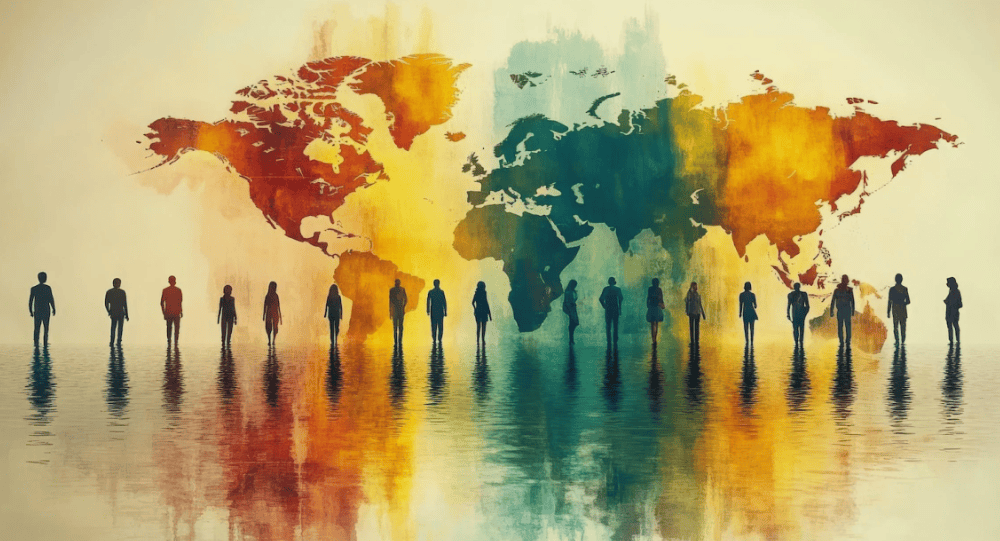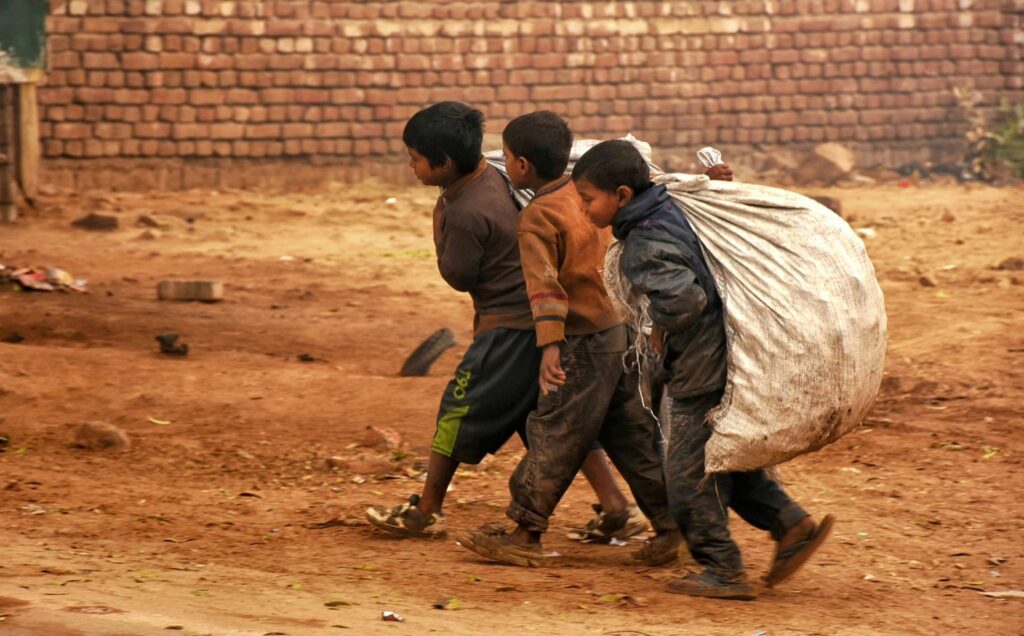Health adversity weakens support for fairer healthcare

People’s quality of life is directly affected by policy decisions about access to healthcare and funding, making it increasingly important to understand how the public
Exploring how AI can boost people-centered development

With AI’s potential to transform and improve lives globally, we should consider what really works to leverage AI for people. At the World Bank, we are
Cities that work: How urban tourism drives jobs

When cities invest in tourism, they invest in jobs, entrepreneurship, and growth. Marrakech is a compelling example. In 2024, the city welcomed nearly 4 million tourists, each
The enormous economic burden of age-related diseases in South America

As populations age, noncommunicable diseases and mental health conditions are draining South American economies, reducing labour supply and diverting resources from investment. This column presents
Matching skills across borders: Are global skill partnerships a win-win solution for sending and receiving countries?

The world is at a demographic inflection point, presenting both challenges and opportunities. On the one hand, lower and lower-middle-income countries, particularly sub-Saharan Africa and
Migration flows from the Western Balkans to Germany: implications and recommendations

Migration to Germany is shaping the Western Balkans for better and worse, highlighting the need for reforms to harness benefits and mitigate drawbacks. Migration has
Artificial intelligence in the office and the factory: Evidence from administrative software registry data

The rapid adoption of AI in the workplace has raised concerns about job loss. This column uses data covering all AI-related commercial software registered with
Public policy can encourage physicians to practice in underserved areas

Many communities in the US, especially those in rural areas, have limited access to healthcare. For example, some areas have significantly fewer doctors per capita
Gender-neutral economics can no longer be the default

Economic research often treats tools such as tariffs, subsides, interest rates, monetary policy, and austerity measures as gender neutral. This column argues that when sex-disaggregated
What does it mean to live in a country that is 0.517 poor?

According to the UNDP’s Global Multidimensional Poverty Index (MPI), the Republic of Chad has a poverty score of 0.517. But what does this number mean? Is it





